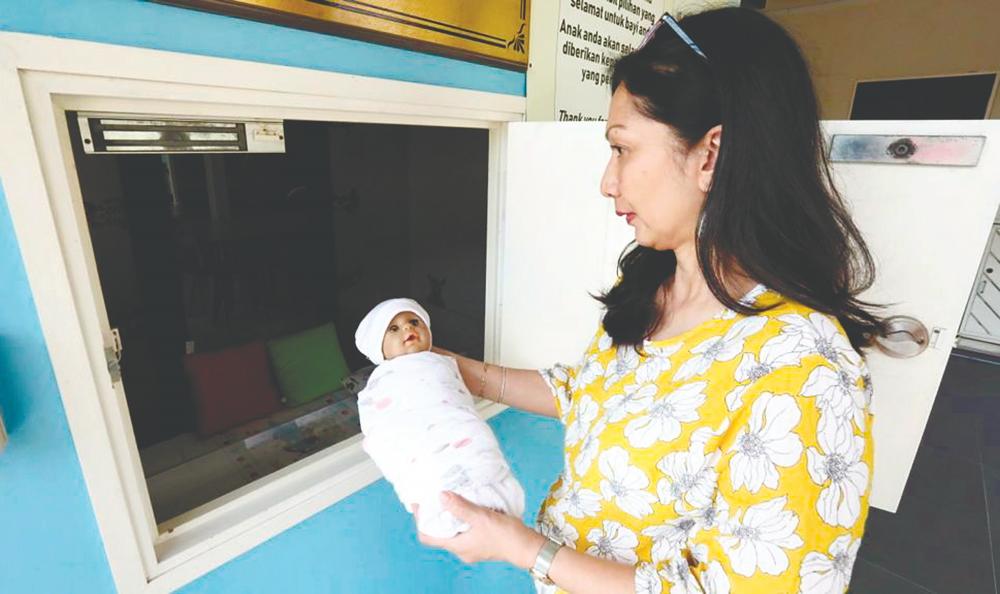PETALING JAYA: Police statistics show that 75 babies were abandoned between January and September, and while the figure is lower than the 96 abandoned in the same period last year, it is still an issue of concern.
OrphanCare Foundation advocacy and communications manager Riza Alwi said the foundation has saved 85 babies this year compared with 55 in 2023.
Experts are pointing to sex education as a solution to address the issue and teen pregnancies, which pose significant challenges for Malaysia.
Federation of Reproductive Health Associations Malaysia (FRHAM) chairman Prof Dr
Kamal Kenny said early sex education is crucial as it equips young people with accurate information to make informed decisions about their sexual and reproductive health.
“Sex education should begin in preschool, focusing on age-appropriate topics such as good touch, personal safety, body awareness and respect for others.
“Starting early ensures children understand their bodies, boundaries and how to stay safe while fostering respect for diversity and healthy communication. As children mature, the curriculum could expand to relationships, contraception and sexually transmitted infections (STI).”
He said while elements of sex education are included in school subjects, they often lack depth and focus mainly on abstinence while neglecting critical topics such as consent, safe sex practices and gender diversity.
He also said many educators are untrained and avoid sensitive questions, leaving students to seek unreliable online sources.
Children with disabilities, especially those on the spectrum, face a higher risk of abuse from caretakers, potential perpetrators, schools and institutions, highlighting the need for inclusive sex education programmes.
“FRHAM offers programmes and workshops for youths, parents and educators, covering topics such as sexual health, contraception, STI prevention and consent.
“We run outreach programmes for underserved communities and provide resources such as counselling and helplines to support better understanding and decision-making.”
Universiti Teknologi Malaysia director and senior psychology officer Dr Zulfikar Ahmad said teen pregnancies are influenced by a lack of family support, open communication or guidance.
He said the unmonitored use of social media, peer pressure, substance abuse and toxic relationships increase the risk of teen pregnancies.
“The absence of parental figures, family detachment and trauma further leave teens vulnerable while social stigma and rejection discourage pregnant teens from seeking help. This highlights the need for stronger family connections and sex education.”
He said studies link the lack of early sex education to higher teen pregnancies.
He also said exposure to pornography at a young age distorts a child’s understanding of sex as its purpose is centred on entertainment and pleasure rather than education.
He added that this often leads to misconceptions about the role of sex in relationships and to counter this, proper parenting strategies should be adopted so that children are guided to view sex as a natural part of healthy relationships.
Federal Territories Deputy Mufti Sahibus Samahah Jamali Mohd Adnan said Islam does not prohibit sex education but views it as a natural and vital part of life.
“Islam encourages starting this education before children reach sexual maturity. By empowering children and teens to protect themselves from risks, sex education becomes a vital tool for their safety and wellbeing.”









